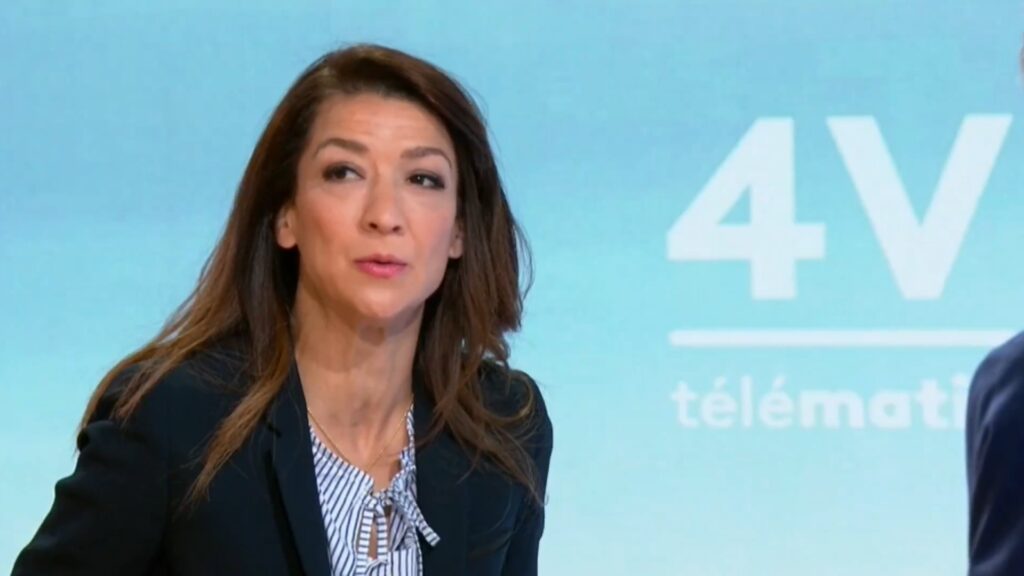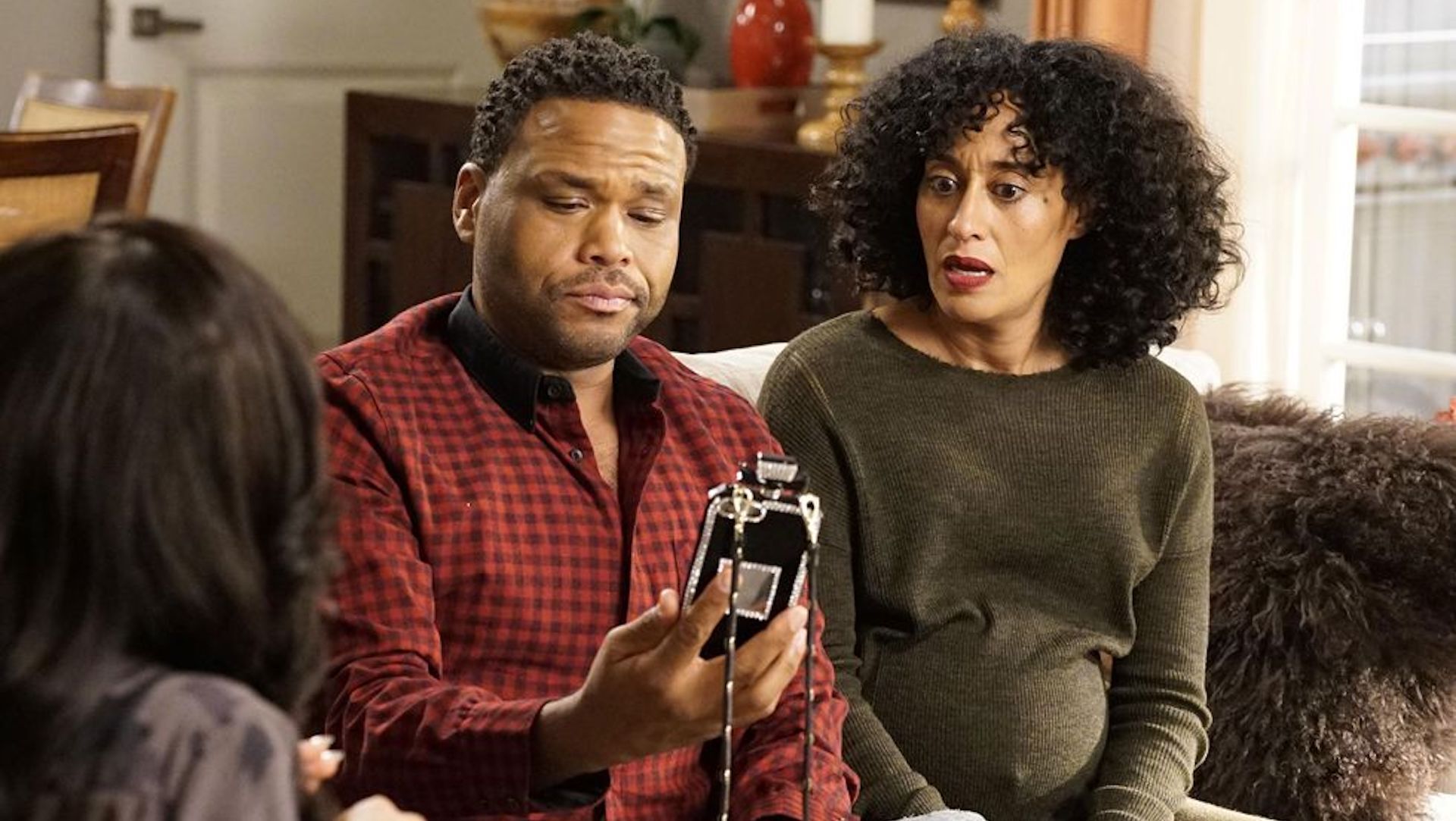In a television interview, Sabrina Agresti-Roubache, the Secretary of State for the City and Citizenship, suggested that minors do not have the right to privacy. This would allow parents to search their child's phone. An assertion that clashes with several legal texts.
It’s a television sequence that’s getting a lot of traction on social media. Guest of Télématin this Tuesday, April 23, 2024 to discuss in particular the subject of delinquency among young people, the Secretary of State for Cities and Citizenship found herself at the center of an emerging controversy. The applicant denied minors the right to have a private life.
Advertisement
“ A teenager is a minor. So parents have the right to search the phone », asserted Sabrina Agresti-Roubache, saying she was amazed that we could “ thinking that a teenager has a private life “. The same goes for the bedroom: according to the Secretary of State, nothing would hinder parental authority.

Reactions have been accumulating since then, like MP Éric Bothorel, member of the Renaissance group (LREM), who distanced himself of this track. “ If all parents activated the parental code present on the devices, we would perhaps not encourage more intrusive measures in the privacy of a child's life. »
Children have a private life
The firm position displayed by Sabrina Agresti-Roubache, however, ignores the legal framework at the national and international levels. This is whatrecalled several speakers, pointing out the content of article 371-1 of the Civil Code, which states that “ parental authority is exercised without physical or psychological violence “.
Parental authority also includes a set of rights, but also duties which have “ for the sake of the child's interests “. Parents enjoy it, but “ with the respect due to his person “. In addition, they are asked to associate the minor “ decisions that concern him, according to his age and degree of maturity “.
Advertisement
Private life for minors is a legal reality that the Defender of Rights recalled in its 2022 report. “ Although legally established, this right is little recognized in practice and too often flouted. », deplores the Defender of Rights. “ However, without a private life, the child cannot become a free, autonomous individual who respects otherness. »


In this case, it is article 16 of the Convention on the Rights of the Child, which France has signed and ratified, which establishes this right, which covers his private life, extended to his correspondence (including virtual). Article 8 of the European convention of human rights further establishes that “ everyone has the right to respect for their private life (…) and their correspondence “.
There remains one difficulty: balancing this right of children to secrecy in matters of correspondence, particularly electronic communication, with the need for parents to protect their offspring. A difficulty that necessarily increases as minors grow and approach the majority.
A balance made complicated by a legal void, points out the Defender of Rights: “ The question of material access to correspondence tools, and in particular to smartphones today, is not further regulated », We still read in the report. This leads to ” very variable practices » and perhaps feeds the idea that a minor is devoid of private life.
